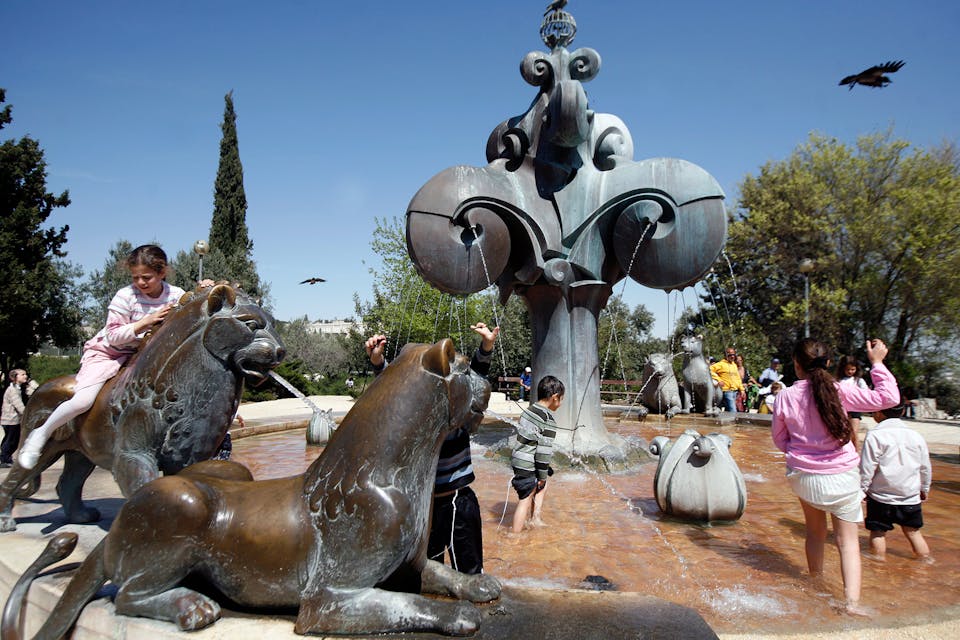
August 9, 2023
A Solution to Israel’s Woes? A Judaism of Yes
Judaism has many "thou shalt nots." It also has many positive elements, and emphasizing those could bring a nation divided by religious observance back together.
For those of us who had the misfortune to miss the sixties, this last year in Israel has been a blast. Our resentment at having been born too late to rise up in groovy duds and effect earth-shattering social and political change while high on mushrooms naturally leads us to appreciate any civil insurrection in the name of genuine ideals, let alone one carried out by many of Israel’s best and brightest. It also leads us to remind those on the right who bellyache about the “blackmail of an elected government by an elitist minority” that during our childhood an American administration ushered in by a clear majority that proceeded to escalate the Vietnam war was forced to terminate that “police action” once and for all by a scattering of privileged, upper-class, long-haired hippies in jumpsuits. Democracy does not end at the ballot box.
Whatever we may think of the massive, ongoing anti-government protests here in Israel—and many of us, the present writer included, see them as more of an attack on the democratic process than a defense thereof—there is no denying that they have forced an entire society to stop and ponder the most substantive issues related to the nature and future of this still-fledgling polity. Israelis from all walks of life, even those who seldom debate subjects more abstract than the optimal head-height of a properly poured Heineken, now hold forth vehemently to their co-workers, friends, family members, and even random pedestrians about Hobbes and Locke, Berdichevsky and Ben-Gurion, capitalism, liberalism, Zionism—the works. Most important of all, the increasingly belligerent encounters between left and right, secular and religious, and even to a certain extent Ashkenazi and Sephardi segments of Israeli society that have wracked the country over the preceding months have paradoxically opened up not a few heretofore unused lines of communication that, if we only show ourselves wise enough to take advantage of them properly, may well generate new modi vivendi between the various warring tribes that make up our people.
Hats off, then, to the demonstrators, and a heartfelt hope that they get a good deal of what they want. Again, not because they are necessarily right—this author, like most Israelis, ceased delving into the particulars of the judicial-reform conundrum after hearing a hundred convincing arguments for and another hundred against—but because at each and every one of their numerous events these left-of-center activists have consistently chanted their insistence upon ensuring that Israel remain “a democratic and Jewish state” (m’dinah demokratit v’yehudit). This two-ply refrain is front and center at all of their rallies, sit-ins, roadblocks, strikes, festivals, and building occupations, and is backed up by the presence of gargantuan, hundred-foot-long copies of Israel’s Declaration of Independence, borne aloft by dozens of marchers like a giant crowd-surfer at a rock concert—a document, it should be noted, in which the “Jewish” element upstages the “democratic” element by a ratio of about ten-to-one. We therefore have a right to expect that after they succeed (according to their own lights) in ensuring that Israel remains a democratic regime, it will then be time to do all in their power to ensure that Israel remains a Jewish regime—right? That was and is, after all, the entire point of the Zionist venture—the only reason Israel exists.